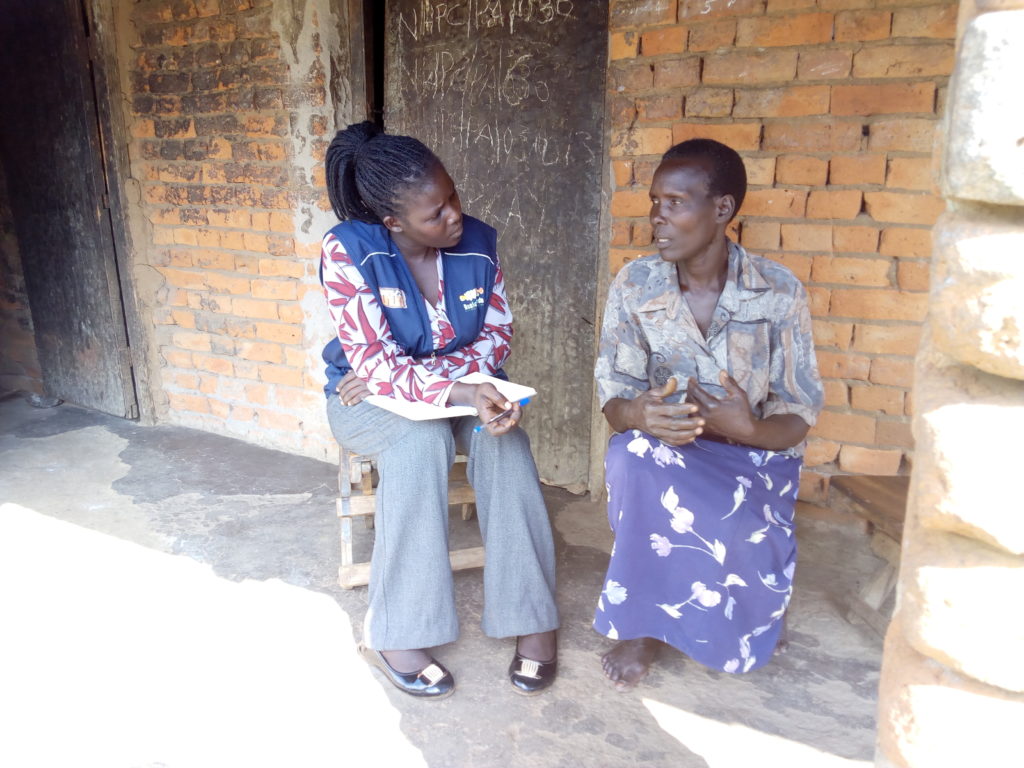
Fondation d’Harcourt has established a partnership with Network for Africa for a 3-year project to strengthen mental health services in Northern Uganda. Our local partner is BNUU who has been providing mental health services in Agago District since 2017, and is well qualified and experienced to implement this programme. In addition to organisation strengthening, Network for Africa will offer capacity sharing, support with M&E, financial advice, strategy, fundraising and programme management support. BNUU will provide community mental health services in Lapono and Adilang sub-counties in Agago District, which currently have no mental health provision.
Adopting an holistic approach, the programme will start with community outreach to raise awareness of mental illness and its signs and symptoms, to reduce stigma and encourage people to come forward for treatment. They will be offered medication (if necessary), counselling and health education at monthly mental health clinics, held in local health centres with the support of government health workers. These clinics will provide clients with the treatment they need as well as encouraging the growth of important support networks for people with mental disorders/epilepsy and their carers, to reduce isolation and loneliness. These informal networks will in time become more formal self-help groups where with support, they will start village savings and loans associations to reduce their poverty, perhaps start livelihood activities to generate income, and contribute towards ‘drug banks’ so that they will always be guaranteed the medication they need.
They will be supported by BNUU’s team of counsellors, field officers and a psychiatric nurse. The clients’ confidence and self-esteem will grow and eventually they will find their collective voice and will be able to advocate for their rights. Engaging with our clients at all stages of the programme implementation will be key: from consultation at the start with the baseline survey, to involving them in data collection and analysis, to working with them to develop advocacy actions.
Engaging local duty-bearers (teachers, police, local government officials etc.) from the outset will encourage their involvement and understanding of mental disorders/epilepsy and help them understand to provide the best care. This, combined with training that will be offered to health care workers, duty-bearers and village health teams, will raise awareness, reduce stigma and improve knowledge that will be embedded in the local community.
Self-help group members will grow in confidence with improved self-esteem, and ultimately will be able to engage in advocacy and lobby local government for sustainable mental health provision.